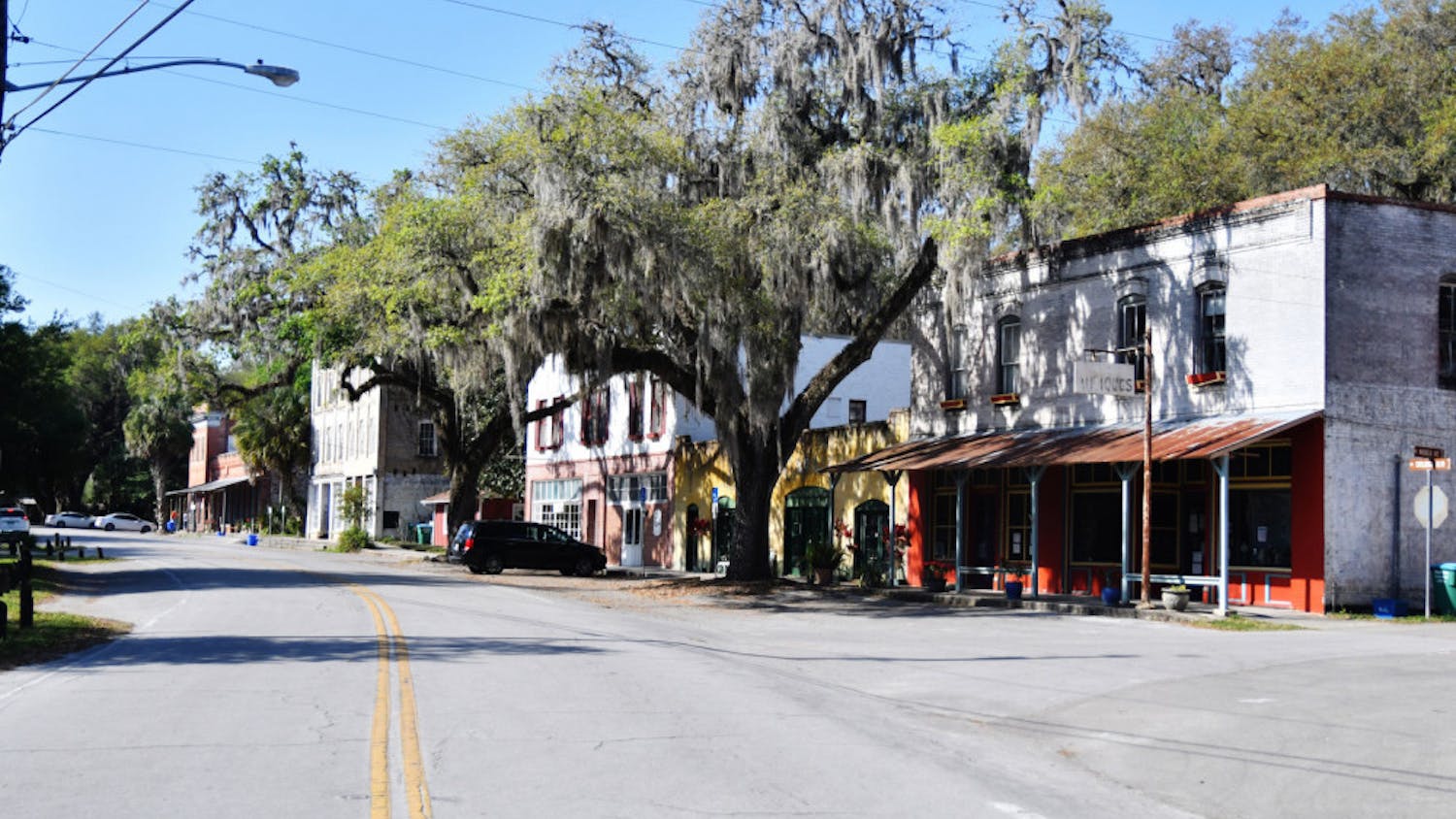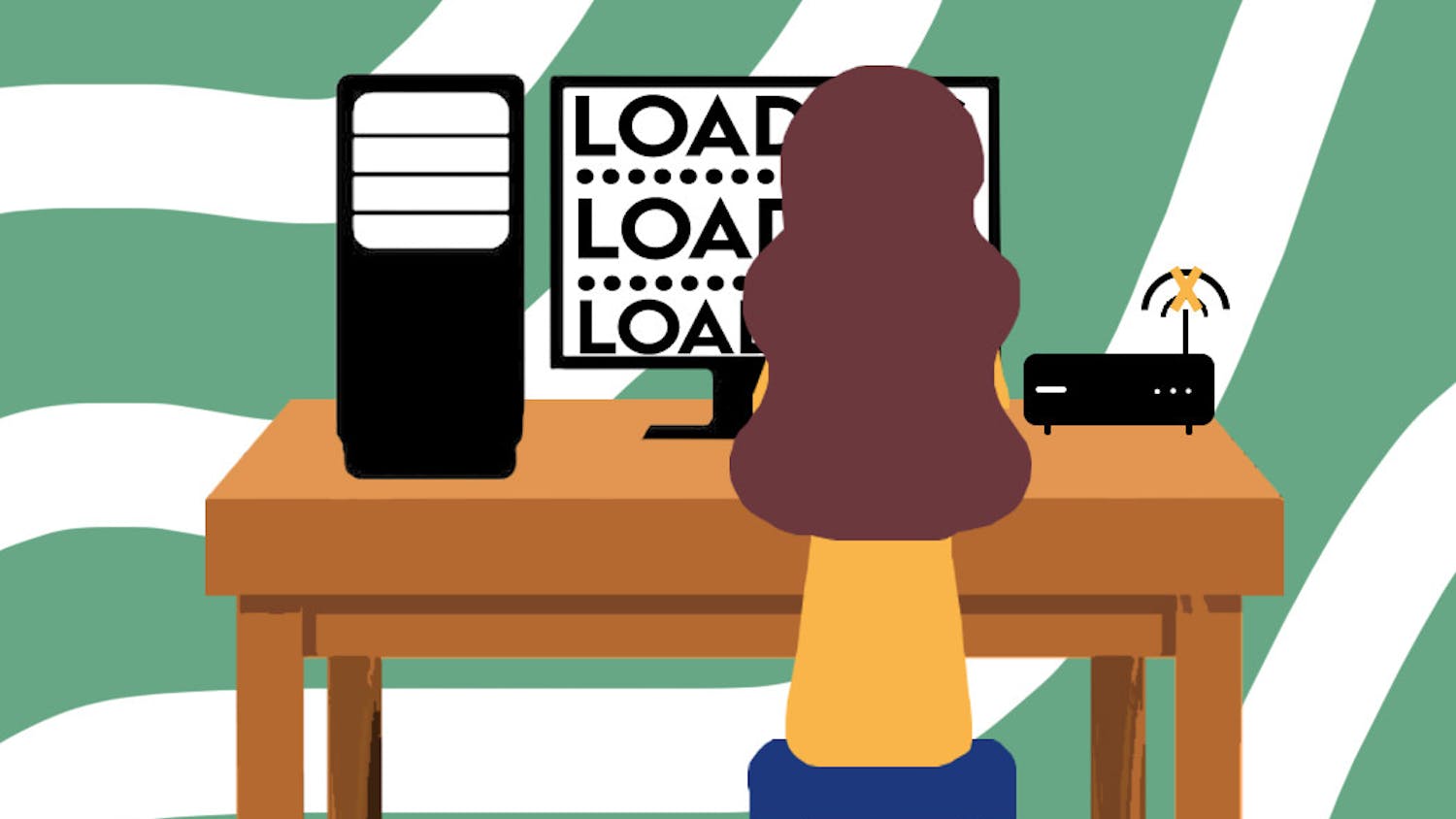Google plans to make broadband Internet look slow, and Gainesville might be one of the first cities to surf the new ultra-high-speed Web.
Google wants to provide Internet speeds more than 100 times faster than what most Americans have access to with new fiber-to-the-home connections, according to the company’s corporate Web site.
The goal is to make Internet access better and faster for everyone, but the company first needs to build and test the network. Gainesville has applied to be one of the trial locations.
Cox Communications Premier Internet service, which costs about $65 per month, offers speeds up to 20 megabits per second, according to the company’s Web site. Google’s experimental network will deliver speeds of one gigabit per second, meaning Google’s network would be 50 times faster than what’s offered in Gainesville.
These speeds parallel the network on UF’s campus, which runs at about one gigabit per second, according to Dave Pokorney, UF’s assistant director of network services.
Pokorney said Google’s potential Internet network would be like going from riding a skateboard to riding a rocket ship.
He added that the new ultra-high-speed Internet could enable high-definition and 3-D television, as well as 3-D video conferencing.
Ted Kellermann, Gainesville Regional Utilities Internet service director, said Gainesville would be a great city for Google’s network because, like the country, it has a suburban and rural mix.
Kellermann said it would cost Google about $1,500 per home to install the new network throughout the city, but he said Google would benefit from selecting Gainesville because UF students and researchers will best utilize the service by developing new ultra-high-speed applications.
Kellermann said local support would increase Gainesville's chance of being selected.
Interested students can join Facebook group Gig4GNV.
The new network will have open access, allowing consumers to choose from multiple providers like Cox, AT&T and GRUCom. Google intends to offer services at competitive prices, according the company’s Web site.
Correction: The original version of this article meant to say Cox Communications Premier Internet service offers speeds up to 20 megabits per second, and Google and UF's networks run about one gigabit per second.





